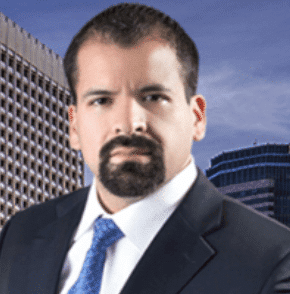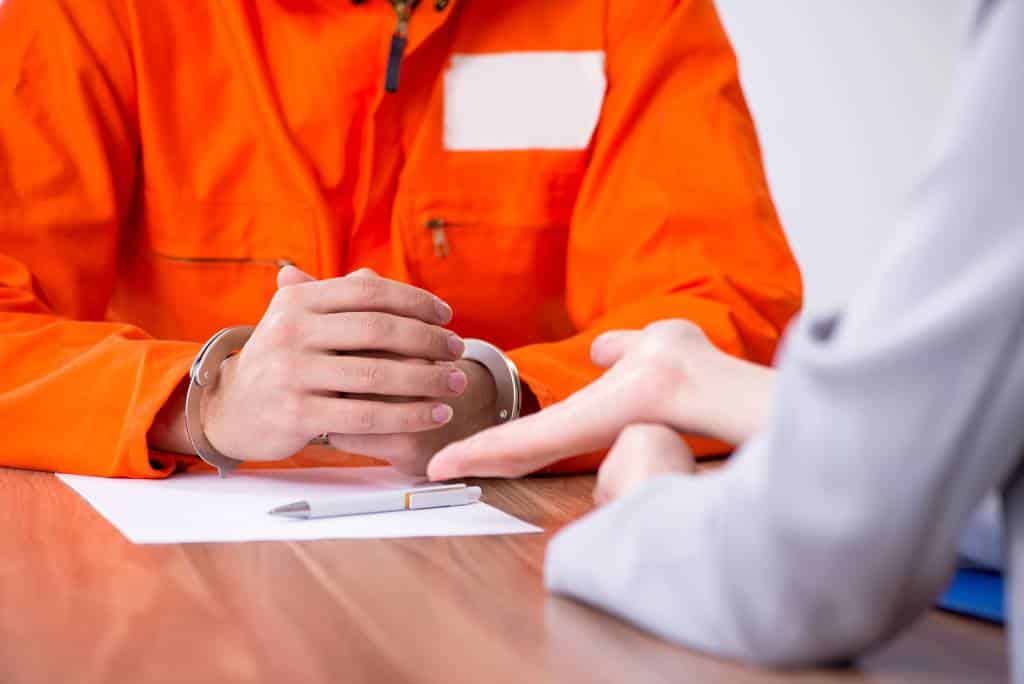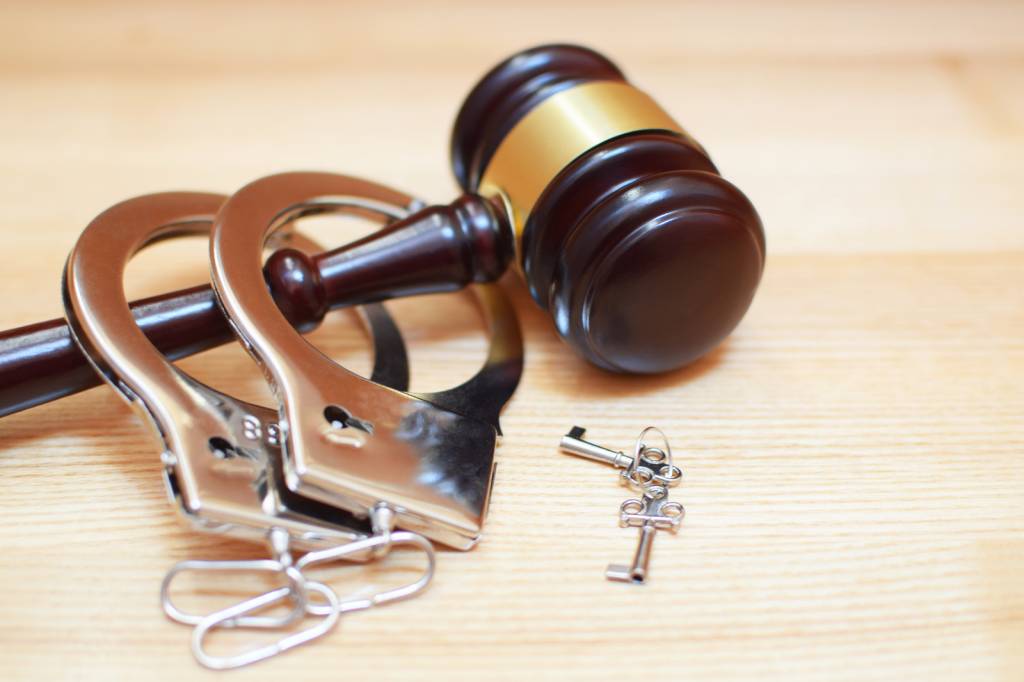Under the Fifth Amendment to the United States Constitution, no one in this country may legally be forced to testify against himself or herself, and under the Fourth Amendment, no one’s records or belongings may legally be searched or seized without probable cause. However, it’s widely understood that police officers frequently use deception, intimidation, and manipulation to circumvent these constitutional restrictions. Anyone in legal trouble in southern California because of lies or deceptions on the part of police officers should seek the advice of an experienced Los Angeles DUI attorney.
Law enforcement officers are allowed to lie to obtain evidence or confessions, and it’s standard operating procedure in most police departments in California and across the nation. The U.S. Supreme Court, for example, has allowed police officers to claim falsely that a suspect’s associate confessed when in fact he had not (Frazier v. Cupp, 1969) and to have found a suspect’s fingerprints at a crime scene when there were no fingerprints (Oregon v. Mathiason, 1977).
WHAT ELSE DO THE POLICE KNOW?
From Ferguson, Missouri, to Baltimore, New York, and Los Angeles, it’s become abundantly clear in the last several years that the general public and the news media really do not understand police work, the challenges police officers face, or the restrictions on how police officers conduct themselves. The police know a lot of things that the public does not, and they generally prefer to keep it that way. Listed below are a number of things that the police know – and you don’t:
- You can only be sure that police officers are telling you the truth when they tell you that you are free to go, when they tell you that they have a warrant, when they tell you that you are under arrest, and when they read your Miranda rights.
- You do not have to carry or produce any identification documents of any kind unless you are driving a motor vehicle or carrying a concealed weapon.
- If you are stopped in traffic by the police, it’s almost certainly not because of the color of your skin. If you have tinted windows, or if you’re stopped at night, an officer probably doesn’t even know the color of your skin until he or she walks up to your driver’s window.
- If you are stopped in traffic by the police, almost inevitably, the first thing an officer will say is “Do you know why I stopped you?” The officer who says that is trying to get to you to incriminate yourself, so it’s best to just say that you prefer to exercise your right to remain silent. Be polite, but be insistent regarding your rights.
- Even though you say that you know your rights, you probably don’t.
- You can’t talk your way out of a ticket, but you can talk yourself into one.
- By the time your radar detector goes off, the officer already has your speed.
- Arguments never help you with police officers. Arguments are for courtrooms only.
- It doesn’t matter how many police charity stickers are on your car, if you earned a ticket, you’re getting a ticket.
- Undercover officers are never required to identify themselves.
- Unless you are crossing an international border, you do not have to reveal your immigration status to anyone.
- At a traffic stop, you have the right to ask, “Am I free to go?” If the answer is no, you have the right to ask, “Why am I being detained?”
- Except for your name and address, you never have to answer any question asked by the police. You can simply say, “I’m sorry, officer, but I choose to exercise my right to remain silent.”
- “Good” police work, inductive reasoning, and CSI-style forensics seldom solve crimes. Most criminal cases are resolved by obtaining confessions, which is why the police go to such lengths – lying and intimidating – to trick suspects into incriminating themselves.
HOW DO THE COURTS HANDLE LIES BY THE POLICE?
U.S. courts routinely consider how often, in what circumstances, and to what extent police officers can lie to and manipulate suspects. Nevertheless, coerced confessions and unreasonable searches are still unconstitutional and illegal regardless of the excuses used to justify them. Remember, the police do not have the final word. Law enforcement officers can intimidate and harass you, lie to you, and arrest you, but the real, final determination is made in the courtroom by a judge and a jury.
If the police pull you over while you are driving, safely pull to the right and entirely away from any traffic. Turn off the vehicle, open your window, and place your hands atop your steering wheel so that the officer can see them. Don’t reach for your license or registration until you are asked. When and if you are asked for your license and registration, produce them. After showing an officer those documents, you are not obligated to answer any questions, and you have the right to remain silent. Don’t be confrontational, and an officer may simply give you a warning, especially if you were stopped for something like a busted taillight.
WHAT ELSE DO COPS KNOW THAT WE DON’T?
In the state of California, unless you are under age 21, or unless you are currently on probation for a previous DUI conviction, you are not obligated to submit to any DUI testing unless and until you have been formally taken into custody. What the cops know – and don’t want you to know – is that your refusal to take a DUI test prior to an arrest will in fact probably lead to your arrest, and then you’ll be required to submit to a DUI test.
Bonnie Russell of www.familylawcourts.com is a former police department employee and a former assistant to Attorney John Flynn, who argued the famous Miranda case before the U.S. Supreme Court in 1966. Ms. Russell says, “My experience in working for a police department is, they usually operate as a ‘Them vs. Us’ – which explains the Blue Flu and Code of Silence. Generally, the police don’t want anyone to know:
- The number of rape-kits that are backlogged.
- The great lengths the police go to dissuade the public from learning they are in spying on people.
- The many types of technology used to spy on people.
- Neither do police departments want to publicize the number of officers who were hired, after being fired from other departments.
That’s a start. There’s more. But, good news: Bodycams are helping end police reluctance to do their job. Also, there are good cops,” Ms. Russell says.
Another thing that law enforcement officers know – and you know it now too – is that they have plenty of freedom to bend the rules, but they are never allowed to break the rules. In Southern California, anyone charged with DUI or any other crime on the basis of lies, intimidation, or outright misconduct by police officers should discuss the case with a Los Angeles criminal defense attorney. When the police step over the line and break the law to obtain evidence or to make an arrest, there’s a good chance that an experienced defense attorney can persuade a judge to drop the charge.













